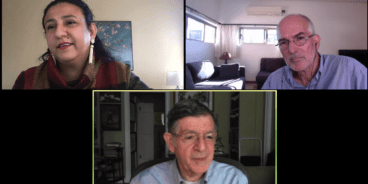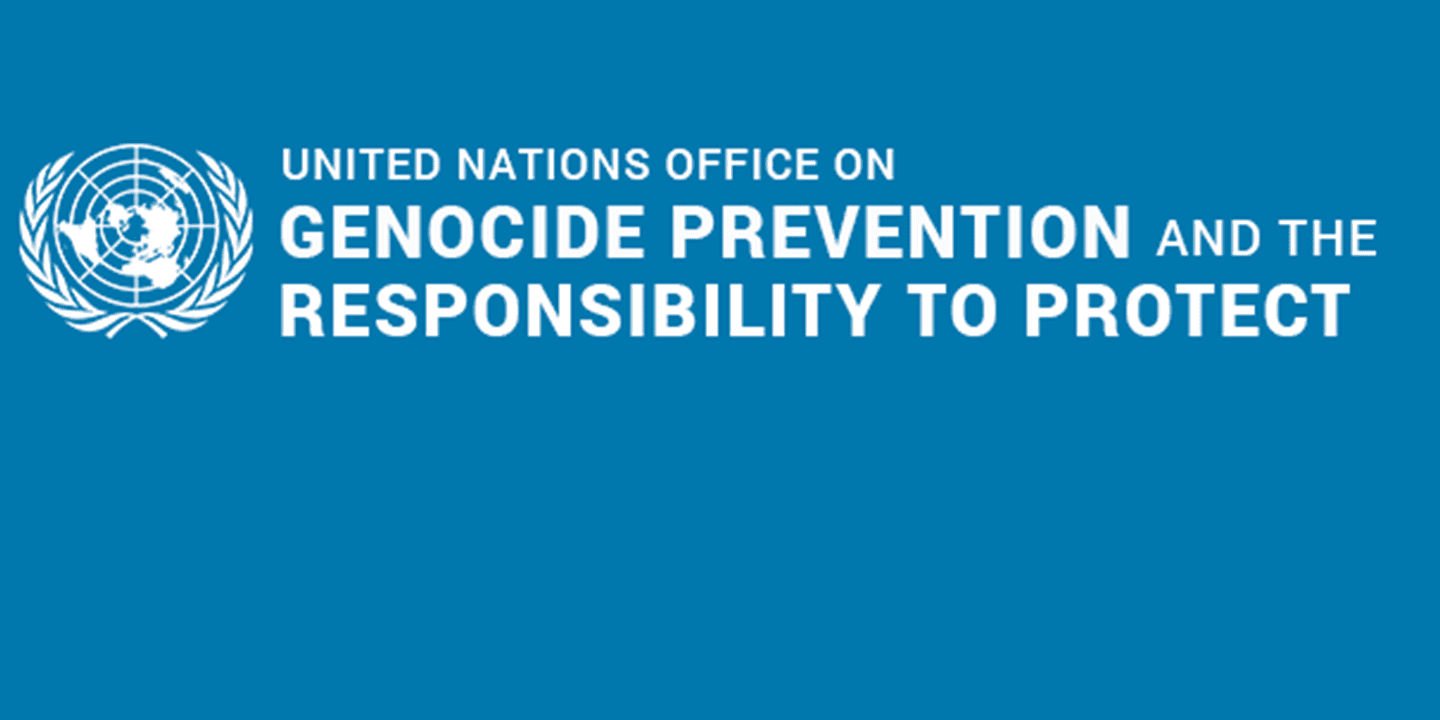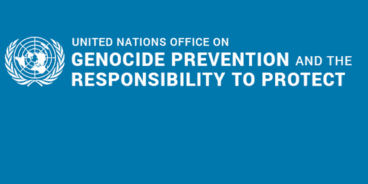

Statement by the UN Special Advisers on the Prevention of Genocide and the Responsibility to Protect on accountability and reconciliation in Sri Lanka, September 2015
Statement by Adama Dieng, Special Adviser of the Secretary-General on the Prevention of Genocide, and Jennifer Welsh, Special Adviser of the Secretary-General on the Responsibility to Protect, on accountability and reconciliation in Sri Lanka.
(New York, 17 September 2015) The United Nations Special Advisers on the Prevention of Genocide, Adama Dieng, and on the Responsibility to Protect, Jennifer Welsh, called for the establishment of credible accountability and reconciliation mechanisms for Sri Lanka.
The Special Advisers welcomed the report of the Office of the High Commissioner for Human Rights Investigation on Sri Lanka that was issued yesterday, and expressed outrage at the very serious accounts of grave violations – some of them amounting to war crimes and crimes against humanity – that were allegedly committed between 2002 and 2011 by the parties to the conflict, namely security forces, affiliated paramilitary groups and the Liberation Tigers of Tamil Eelam.
“Sri Lanka has gone through a very dark period of its history during the years of the conflict which has caused immense suffering for all communities. It is now time for all Sri Lankans to address the past, to transcend it together and to find a common future. Accountability is not just a matter of justice; it is also a matter of reconciliation, peace and non-recurrence. The wounds of the past need to be properly treated and healed in order to write a new peaceful page in Sri Lankan history,” stated the Special Advisers.
Special Advisers Dieng and Welsh called for the establishment of accountability and reconciliation mechanisms for Sri Lanka that are inclusive and participatory and that meet international human rights law standards. “This is a process that will be painful and difficult, but indispensable for long lasting peace and stability in the country. This process will only be successful so long as all Sri Lankans trust in its impartiality and independence.”
Special Adviser Welsh highlighted that “the Sri Lankan government has the primary responsibility to protect its populations from genocide, war crimes, ethnic cleansing and crimes against humanity. This responsibility entails bringing to account those responsible for crimes committed but also taking concrete steps to prevent their recurrence.” She encouraged Sri Lanka to consider assistance from the international community in exercising its responsibility to protect, particularly considering the culture of impunity that has pervaded Sri Lankan society and its institutions for many years.
Special Adviser Dieng warned that lingering grievances among Sinhalese and Tamil communities are eroding the social fabric in Sri Lanka and could pave the way to further violence. He further stressed that “building trust and reconciliation between both communities is a long term process that will not happen instantaneously but one that is needed urgently. The Government must take critical measures to build a society where both groups understand and respect each other.”
The Special Advisers reiterated the importance of promoting respect for diversity, intercultural dialogue and non-discrimination, and recommended that the Sri Lankan government incorporate these priorities into national level policies, including within educational programs. They also recommended that the government ensure greater inclusiveness and representation of all ethnic and religious communities within its institutions and decision-making processes. “The voices of the minorities need to be heard because they too are Sri Lankan,” the Special Advisers concluded.
Related Content

